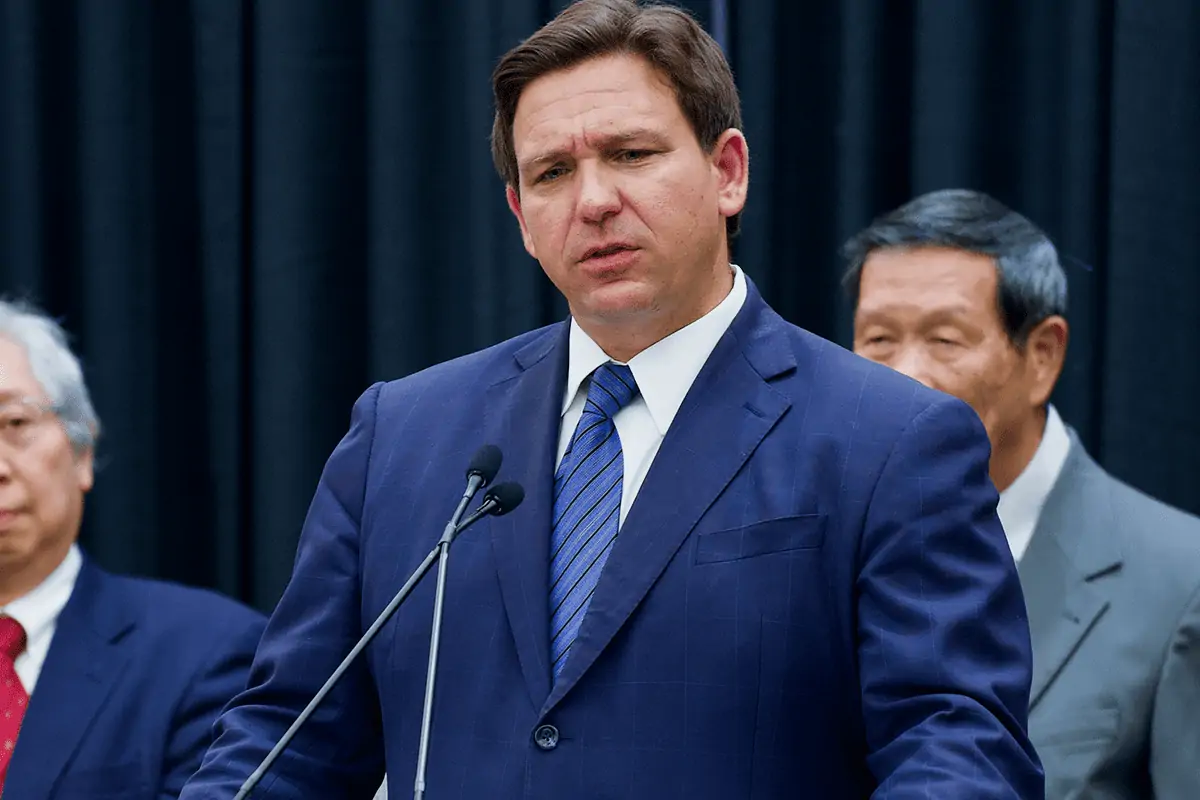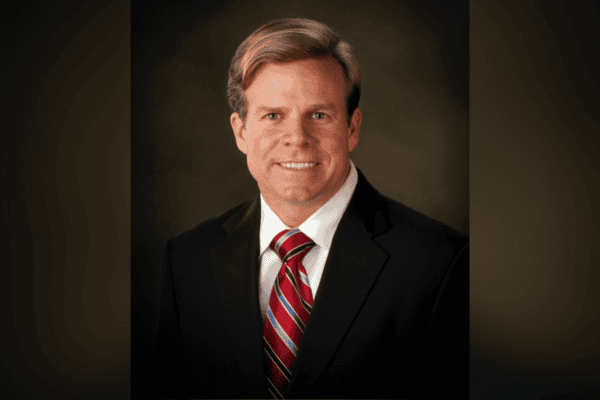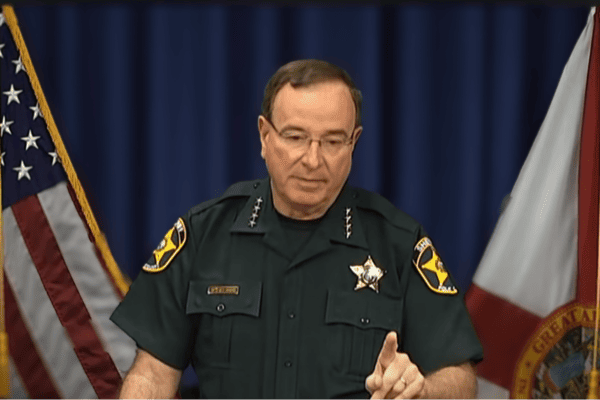DeSantis’ office concerned about new proposal bringing back primary runoffs to Florida

TALLAHASSEE, Fla. – Gov. Ron DeSantis’ office was not aware that there would be a late-filed proposal to bring back runoff primary elections to Florida, Florida’s Voice has learned.
The governor and his team also have serious concerns about the proposal, sources say.
The legislation, proposed this week, would require a second primary election if candidates in either party cannot obtain at least 50% of the vote.
Florida to consider bringing back runoff primary elections with new legislation
DeSantis won his 2018 gubernatorial primary with a majority of the vote, but not every primary ends with a candidate achieving a majority. A packed field can cause candidates to obtain a vote total as low as 20% to 40%.
The top two candidates would be selected to head to a runoff primary.
If approved, Floridians would be participating in two primaries where candidates do not obtain a majority vote: June 16 and Aug. 25 – 20 weeks and 10 weeks from the general election, respectively.
From there, the candidate with the highest number of votes in the second primary would become the nominee.
Florida moved away from primary runoffs beginning in 2002.
If passed by both legislative chambers and signed by DeSantis, the law would take effect Jan. 1, 2025.
The Florida House State Affairs Committee will take up the bill Wednesday.
Runoffs change the dynamic of party primaries, especially packed contests where a party might be deeply divided, and the candidate with the most votes only achieves a small plurality of the votes.
The next Florida gubernatorial primary election will kick into high gear in 2026, potentially with the new law in effect. This could mean a long, arduous process for the eventual candidates if the field is crowded.
In the 2018 primary for governor, Democrat Andrew Gillum only achieved 34.4% of the vote. However, because there were no runoffs, he became the nominee.
The Florida governor’s seat will be open for the 2026 election because DeSantis will be termed out, exiting office in January 2027.
This could result in a packed, contentious contest and a wide support spread, making way for a potential runoff, if candidates don’t drop out and consolidate before the primary.
Among those previously rumored to be running for Florida governor on the Republican side is Rep. Matt Gaetz. However, on Monday night in response to the primary election change proposal, Gaetz said he has no plans to seek the office.
“Runoff elections cost taxpayers millions, increase targets for fraudsters and empower establishment candidates over firebrands. They are a bad idea,” Gaetz said. “You guys in Tallahassee didn’t have to do this. I have no plans to run for governor.”
Gaetz won his seat to the U.S. House of Representatives in a crowded primary in 2016, achieving 36.1% of the vote.
“I’ve said for a while – I think I’m exactly where I am supposed to be,” Gaetz said. “That said, it’s nuts to suggest that Florida should change 20 years of election law in 2 weeks with a last minute bill.”
The legislative session ends March 8, lasting 60 days.



